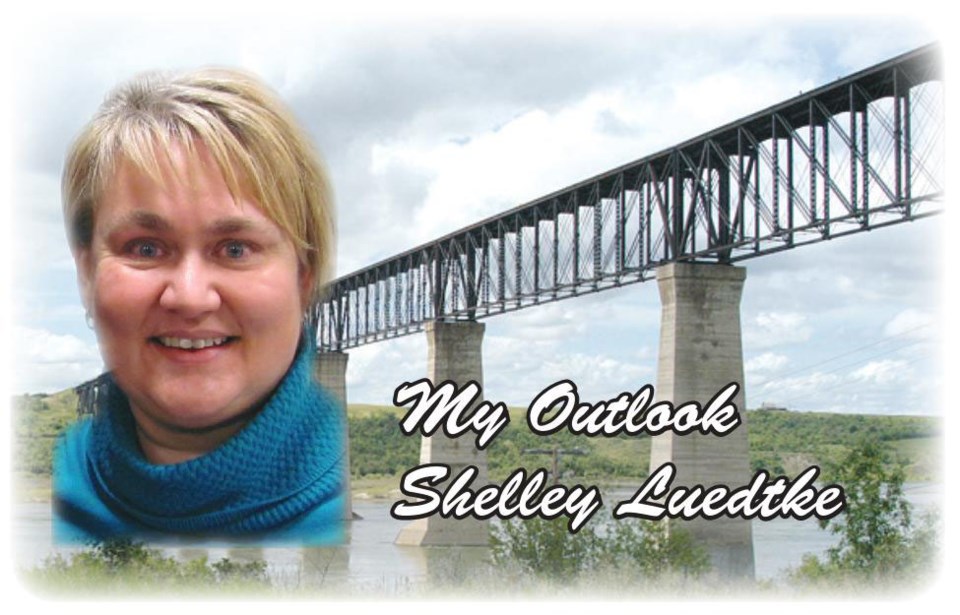My month started out with a nasty illness, a visit to the doctor and the need to be on a couple of different medications. However, one of the prescriptions couldn’t be filled. It still hasn’t. There is a shortage in the country and pharmacies have been unable to obtain the medication. Recovery might have happened more quickly if those of us needing it could have been taking it, but a lack of supply has caused complications.
I can’t imagine what it must be like for those who rely on the medicine on a regular basis and have been without it now for several months. A need exists that simply isn’t 小蓝视频 filled.
Parents who have been desperate to get pain and fever medications for their infants and young children have encountered empty shelves thanks to a rise in illnesses and a shortage of medications. Production problems and shipping complications have disrupted the supply, causing a troubling reality. It's one that's new for me. I don’t recall another moment in my lifetime when I could not get the medication I needed.
My experience is one that is privileged indeed. I have a shelf in a cupboard dedicated to pain relievers, cough syrups, throat lozenges, cold and flu medicines and the like, and when we run out we simply go buy more. I don’t give it much thought, to be honest because I’ve always been able to get what I’ve needed. Yet that is a fantasy for many.
The World Health Organization says nearly two billion people have no access to essential medicines. Think about that: no access to medicine. It is either unaffordable, unavailable or inaccessible. Two billion men, women and children aren’t getting the medicine they need. It means they are experiencing greater pain and suffering, prolonged illnesses, and disabilities and preventable death because they lack essential medications.
I was unsettled by a conversation I had with a young man in eastern Europe years ago. He was in his mid-twenties, worked fulltime and shared with us his plans for the future. What he didn’t see in the years ahead was ever getting married or having a family. He couldn’t afford that, he told us. What if someone got sick? A trip to a doctor was too expensive, and what, he wondered, would he do if someone got an illness that required treatment or medication.
He is not alone. It is estimated more than 800 million people spend 10% of their income on health expenses, and that 500 million people at any given time face potential poverty due to extreme medical costs. We would be mistaken to think this reality exists solely in impoverished nations. It happens in communities all over the world.
In our own country, where we are spending triple digit billions each year on health care, some families fight to get medication for loved ones that currently aren’t covered by the public purse or insurance plans. Drugs that could make a difference are so cost prohibitive they confront the prospect of paying for medication and having little money for anything else. But at least in our corner of the world there are avenues to pursue that medication—despite the difficult challenges that need to be overcome.
Because for all its limitations, we have a system that allows for the delivery of medicine. Yes, we have experienced cancelled surgeries, delayed treatment, overcrowded emergency rooms, critical staffing shortages, long waits, and medication on back order, but for all of that, we have places we can go and people who are dedicated to helping us achieve good health. The challenges the system faces are big, and many variables need to be addressed and rectified, but you can’t rectify a system that doesn’t exist in the first place. We have a system. So many don't.
I, along with many others, await a phone call telling us our medicine has arrived. But we need to be aware that the notification will never come to one quarter of the people on the planet. While we consider what a delay of a prescription has meant for us, we need to understand what having no medicine has meant to so many in the world.
We may not feel the system provides us with all we need all the time, but we should keep in mind that we have what so many don't: access. That’s my outlook.




